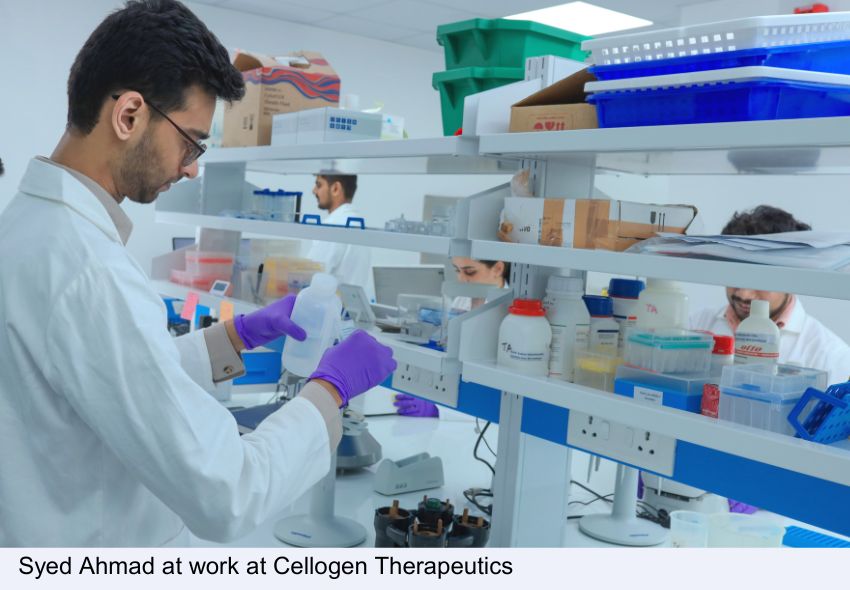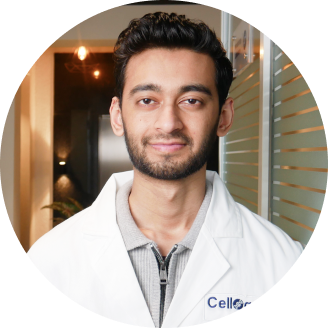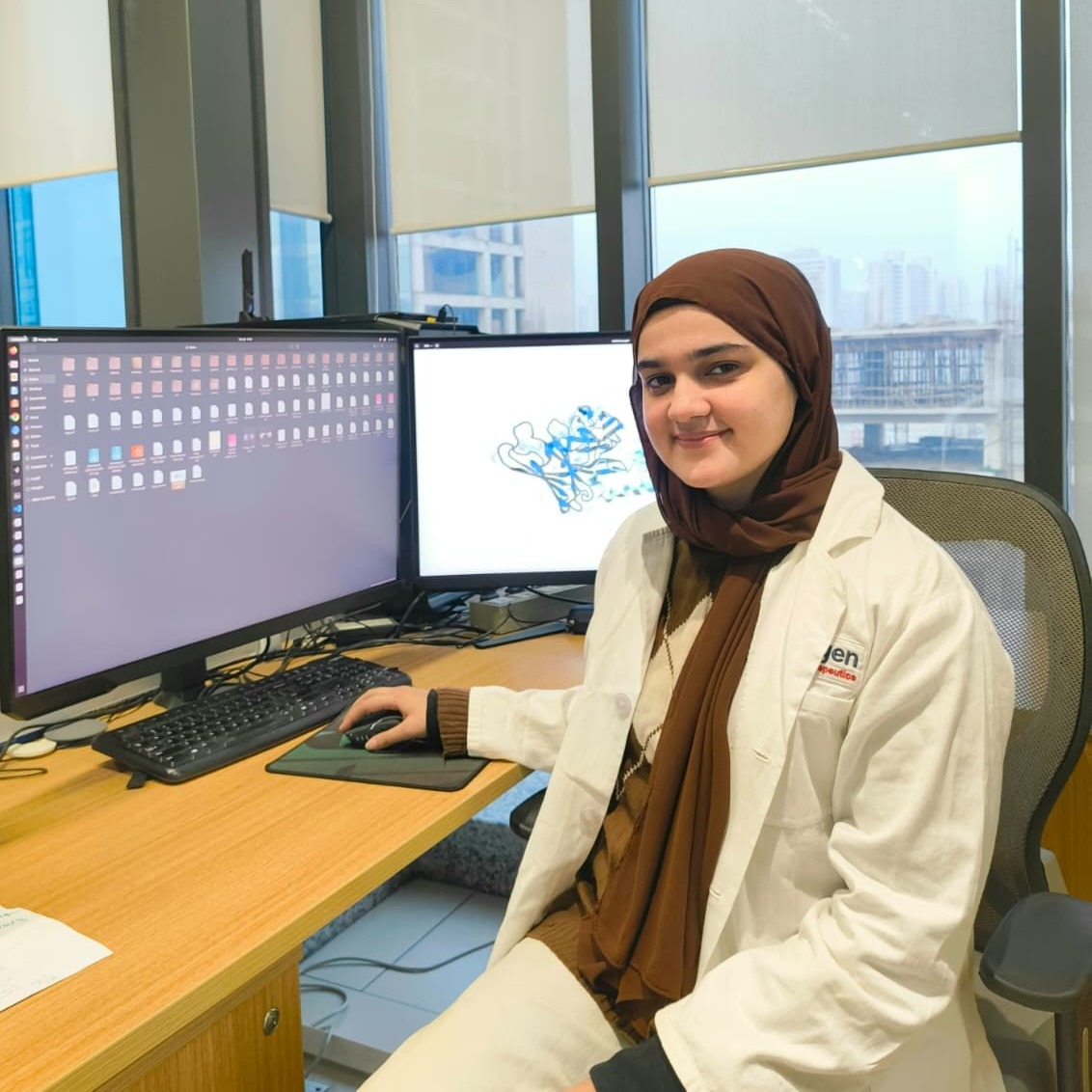Cell Therapies Beyond the CAR T Strategy
When I first started my research on CAR T-cell therapy a few years back, it felt like we had finally cracked something profound in cancer treatment—especially for blood cancers. The idea of taking a patient’s own T cells, reprogram them with a chimeric antigen receptor (CAR), and infuse them back to hunt cancer was nothing short of revolutionary. And yet, as powerful as CAR T therapies are, Its important to realize that the immune system is vast, and we’re only just beginning to explore its full therapeutic potential.
CAR T-cell therapy, for all its success, isn’t without challenges. Not all patients respond. Many relapse. Toxicities like cytokine release syndrome (CRS) and neurotoxicity are real and serious. And then there’s the issue of solid tumors—they’re notoriously resistant to this strategy. So naturally, questions emerged: what if we could bring other immune cells into the fight?

That question has opened up an exciting new chapter in cell therapy, and the science community is deeply fascinated by what’s emerging.
One of the most promising developments has been CAR NK cell therapy. Unlike T cells, Natural Killer (NK) cells don’t need prior exposure to a specific antigen to attack tumor cells. They’re fast-acting, part of our innate immune system, and remarkably, they can be used off-the-shelf—meaning a single donor’s NK cells can potentially treat multiple patients. That’s a game-changer for accessibility. What also excites me is their safety profile; CAR NK cells seem to cause fewer of the intense immune reactions we see with CAR T therapy. The challenge, though, is persistence—these cells often don’t stick around long enough. But research is moving fast, and new strategies are already underway to improve their lifespan inside the body.
Then there are CAR macrophages, a newer and equally intriguing frontier. If you’ve ever looked into the tumor microenvironment, you’ll know that macrophages—originally meant to defend—can sometimes get hijacked by tumors to do the opposite. Imagine reprogramming them to not just resist that manipulation, but to actively fight the tumor. That’s exactly what CAR macrophage therapy aims to do. These cells can infiltrate solid tumors, gobble up cancer cells, and even rewire the local immune landscape to be more hostile to cancer. Early data is still limited, but it’s hopeful.
More recently, I came across work on CAR dendritic cells—the master communicators of the immune system, a proficient antigen presenting cell. These are the cells that show T cells what to fight. Engineering them with CARs could potentially amplify how they present tumor antigens and trigger long-lasting, systemic immune responses. It's still early days, but this approach holds potential to enhance not just direct cancer killing, but immune memory, which is crucial for long-term remission.
And finally, a niche but increasingly important area: CAR γδ T cells. These cells straddle the line between innate and adaptive immunity, and what makes them particularly interesting is their ability to recognize stressed or transformed cells without the need for MHC presentation. This makes them uniquely suited for targeting a broad spectrum of tumors and, potentially, for use in allogeneic settings without severe risk of graft-versus-host disease. That means more scalable, off-the-shelf options.
What I find most compelling about all of this is that we’re no longer thinking of cell therapy as a one-trick pony. We’re exploring the immune system in its full complexity—each cell type bringing its own strengths, its own role, and its own therapeutic promise. CAR T cells were just the beginning. The real revolution is in learning to use the entire immune orchestra.
This is the kind of progress that reminds me why I find science—and especially cell therapy—so deeply inspiring. The future is no longer just T-cell shaped. And that’s a very good thing.
- Cell Therapies Beyond the CAR T Strategy



(1)(1).jpg)

.png)